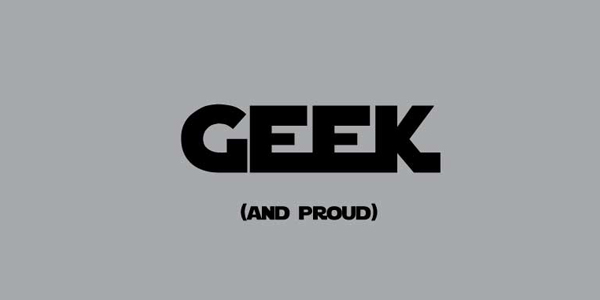* This post was originally featured on The Student Affairs Hub.
Social media has become pretty ubiquitous in our lives now. News is made from it and spread through it. We reference it offhand in our conversations with each other, and we've developed new terms to describe it.
While it may be still a bit foreign to some professionals at higher education institutions, it is commonplace for our students. When given the proper attention, social media can be an effective asset in our outreach to students. It also helps to build a feeling of community on campus.
Whether you're an entry level academic advisor, hall director, or the president of an institution, you can be a powerful presence for students on social media. Your social media presence will help them feel heard, valued, and cared for.
I personally have taken a few different stances that I hope help me connect better with my students. I make my Twitter publicly available, (it's even on my business cards). I accept requests from students on Facebook, LinkedIn, or Instagram. I don't seek them out, but if they connect with me first, I make sure to accept their invitation.
Connecting with my students in this way helps me to celebrate their successes, build their network, and be more accessible to them should they need me. I've never had any issues with making myself more available rather than guarding myself behind virtual walls. No student has ever abused this. However, even if there was an instance where someone used my good will inappropriately, I'd still make myself available to all my other students who need me. I wouldn't want to let them down based on a single student who needs some educational conversations about their behavior.
Another stance I take that many professionals hopefully take as well, is that I don't have a "personal" account and a "professional" account. I just have my one Facebook, Twitter, LinkedIn, Instagram, etc. I really don't believe anyone should have separate accounts for stuff like that unless someone has a brand they're trying to build that they want to be separate from themselves.
I don't have strict standards about what people should or shouldn't do on their social media channels. Students just need to be comfortable with employers, friends, and family seeing whatever they post.
While someone can try to ignore social media, it is an omnipresent, constant, global influence in our lives. It is something that I view as an asset and resource. I embrace and love social media for the connections and learning that can happen through it.
By maximizing the potential of social media for sharing your story, (or your institution's), you will see success in your personal and professional efforts.









